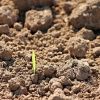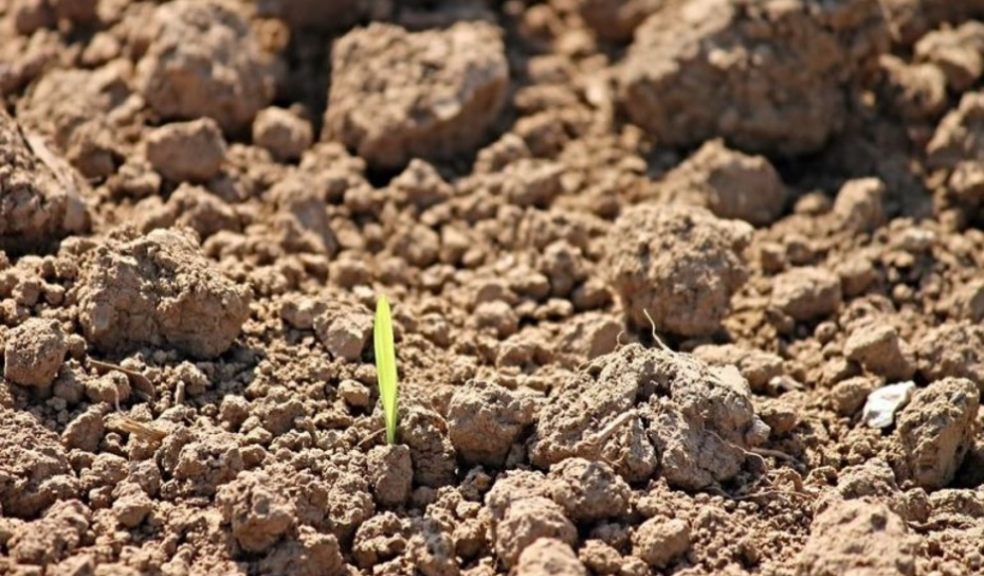
How to improve soil quality naturally?
Soils are made up of various living organisms, and the quality is determined by what's in them. A well-balanced soil will have adequate organic matter (both plant and animal), minerals, water, air, and microbes. If any component is missing or insufficient, problems can arise with plants such as stunted growth, nutrient deficiencies, etc. Soil is a critical component of any garden or yard. It's essential to know how to improve soil quality naturally and what effect that can have on your plant life.
There are many ways you can improve your soil quality naturally. The question is: what do you want to achieve? This post explores how you can improve your soil naturally to give your plants a healthy start in life! This post will cover three common goals for improving soil quality and the best way to achieve them.
- Add compost to soil: Composting is a natural process that produces mulch and soil. Compost helps to aerate the soil, add nutrients and keep the living organisms in balance. Adding compost will also help increase water retention due to increasing the amount of air in the soil.
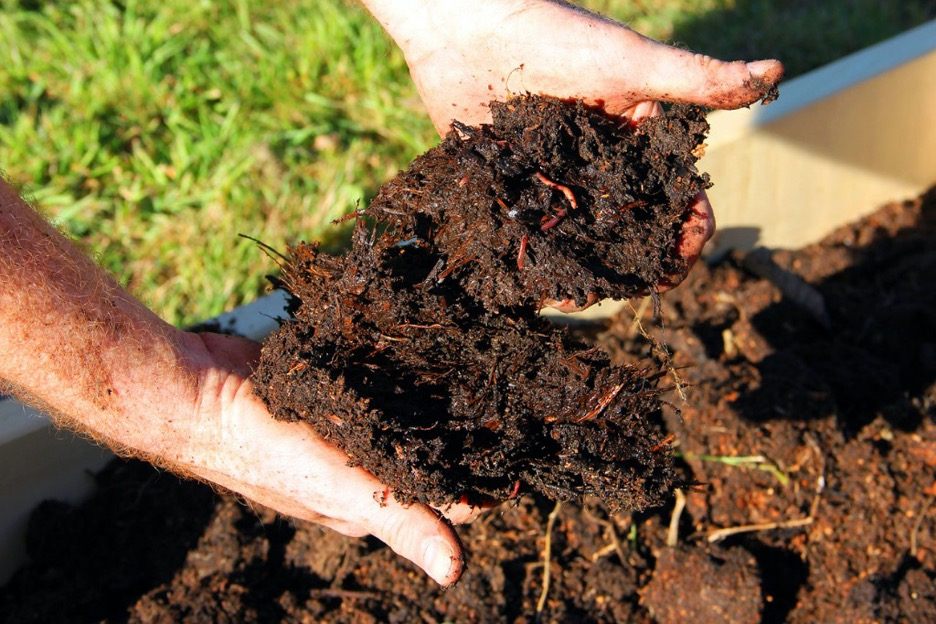
- Start adding it to your soil for those new to gardening or who want an accessible introduction to composting. Composting is the process of taking organic materials such as bark chips, leaves, or grass clippings and decomposing them. It will create a reusable material that you can use to make better soil.
- If you have a Garden and grass or a small plot of land, you might want to consider adding compost directly into the soil. It will help develop healthier plants that grow better and require less maintenance. You can also use a shovel and create hills to improve aeration and add compost to the surface. If you do not want your plants to be directly on top of the compost, make sure that there is a layer between them, so they don't get any disease or pests from the compost.
- Fix the nitrogen content: Plant nitrogen-fixing plants like beans, peas, and clover in the garden, which leave behind root structures that increase the soil's water-holding capacity and fertility. Planting beans and peas improves the soil by giving it nitrogen, which is a nutrient that your plants need to live. By adding legumes to your garden, you'll improve soil quality and its ability to hold water. By planting grasses and legumes, you'll be able to add nitrogen and other nutrients back into your soil. Incorporate legumes into your rotation for nitrogen-fixing plants that fix atmospheric N2 into ammonia (NH3). Rotate crops, so you don't have a monoculture, which is more susceptible to pests or disease than diverse crop rotations. Clover is a trendy plant in most parts of the world that can help to improve the soil. Rotate crops to give different nutrients a chance to be used by plants. You can plant the crop of your choice for one cycle and plant-soil reviving crop during the next cycle.
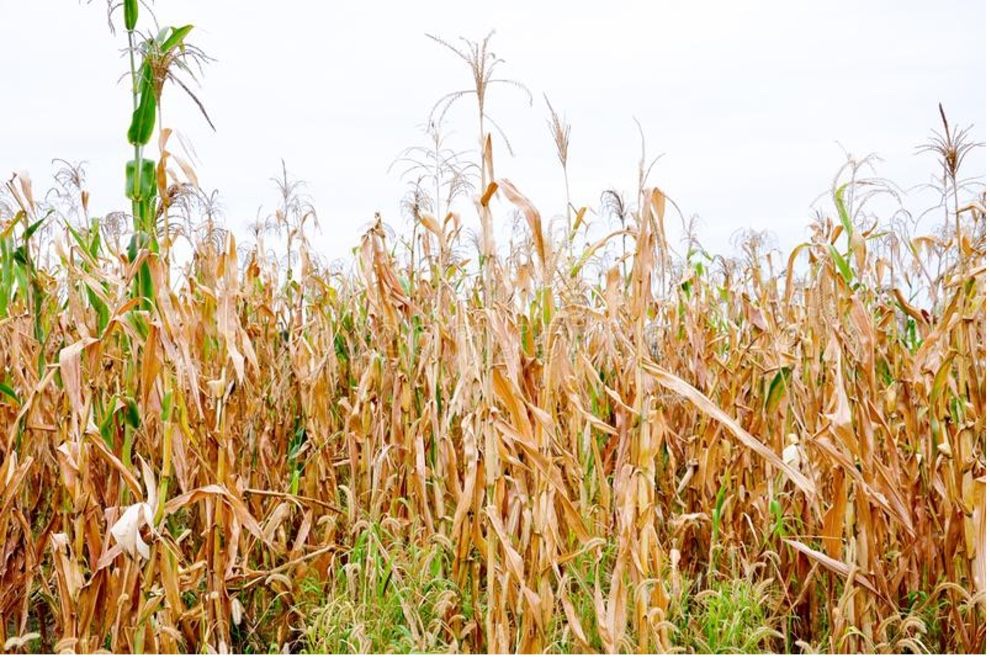
- Dead crop: Leave crop residues on the ground after harvesting to suppress weeds, keep the soil cool and retain moisture. Crop residues include corn stalks from silage, alfalfa hay bales, or any other crop left on land after harvest. Crop residues can be mixed with soil at planting time to act as a mulch. Otherwise, it can be left on the surface and broken down by microbes, releasing nutrients for plants. Decomposition of crop residues contains carbon, nitrogen, phosphorus, and other nutrients from plants that soil organisms can use.
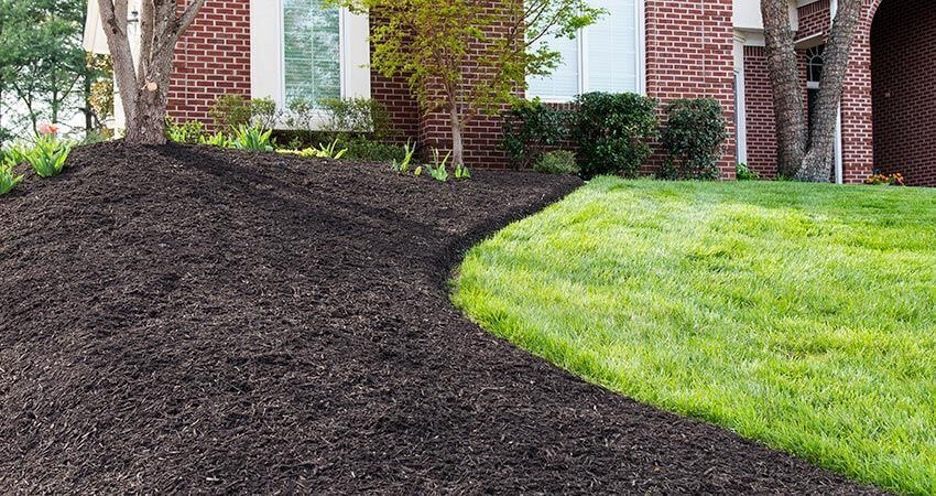
- Mulch: Use mulch to reduce water evaporation and provide food for worms that live in the soil. Use mulch to reduce water evaporation and provide food for worms that live in the soil. It will also help retain moisture and prevent weeds from growing. You can improve your soil quality by starting with a layer of mulch at the bottom of your garden or container. The mulch will protect the soil from sunlight, which will keep it cool and reduce water evaporation. It's essential to use organic mulches to feed worms in the soil and provide food for the microbes and plants.
- Soil barrier: Protect your soil from erosion with natural barriers like plant roots or straw bales. Natural barriers also help keep moisture in the soil and reduce runoff which means less leaching of nutrients. Natural barriers can also help to maintain a more stable soil temperature, which is excellent if you have plants that prefer warmer or colder temperatures, such as tomatoes and blueberries, respectively.
- Decompose the dead: Plants cover crops in the fall that will help with weed control and nutrient availability during the winter. Spring is a great time to remove dead material from your beds. You can leave them in the fall and allow them to decompose naturally, but you will need to take them out in the spring for easier planting.
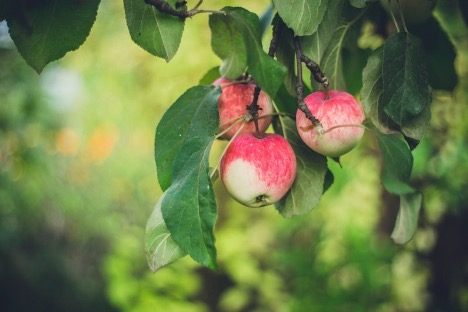
- Go organic: add organic matter to the soil, such as compost or manure: Another essential way to improve soil quality naturally is by adding composted manure, either from horses, cows, or chickens. It is possible to buy compost at the local garden supply center, but making your own at home can be cost-effective and more environmentally friendly. First, begin saving all of your kitchen scraps, and when you have enough, let it all rot down in a compost pile. Once it has finished decomposing, either spread it around your garden or, even better, use it to make a homemade potting mix for plants inside. The nutrients derived from this technique are excellent for plant growth but may not be ideal if you're trying to grow organic vegetables or non-hybrid plants. Next, make your potting soil by mixing equal parts of compost, sand, and peat moss. Keep in mind that peat is not a renewable resource. It takes hundreds or even thousands of years to form naturally, so try purchasing from a naturally sustainable source such as Canada, where the bogs are still available for future use.
-
More Tips for soil quality revival:
- Plant a cover crop in fall or early spring that will grow over winter before being turned into the soil in spring
- Apply lime if your soil is acidic so that plants can absorb nutrients more easily
- Test your pH levels regularly with a home kit available from any garden store
- Avoid using chemical fertilizers - they may kill off good bacteria and insects while also polluting waterways and groundwater.
Conclusion: soil quality is a critical element of gardening. Whether you're growing vegetables, herbs, or flowers, knowing how to improve soil quality naturally will increase your chance of success and have healthy, happy plants.









